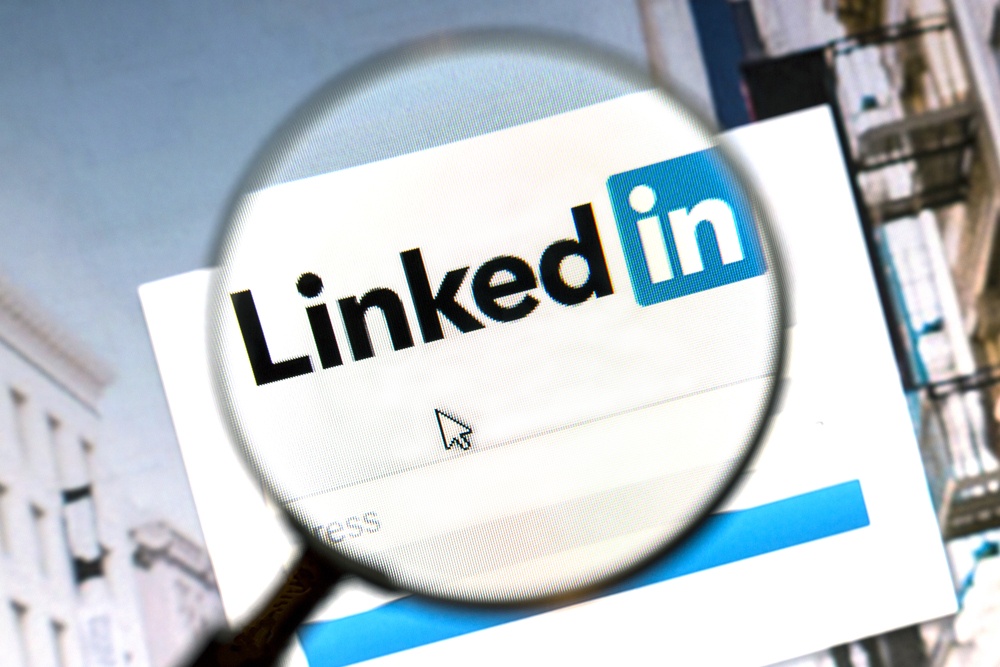
Insurance is one of those things that people need but hope they never have to use. After all, while everyone has car, home, or even life insurance, no one wants to get into an accident, have their home destroyed, or leave their loved ones behind. That’s perhaps one of the reasons why many people get only the bare minimum of insurane. After all, there are other things they might want to spend their money on rather than an expensive policy.
Of course, this doesn’t mean you should just offer the most basic and bare bones policies to your clients. In fact, you can actually grow your client base by offering extended coverage to your customers. Aside from upselling your current clients, you may be able to find more people who are actually looking for more than just the basics. So if you want to learn how to increase your sales through offering additional coverage, read on.
Timing is Everything
They say that timing is everything, and it’s never truer than in the case of selling insurance. See, when you meet a potential client initially and they don’t buy from you now, it’s probably not because they don’t need or want insurance. Most likely, it’s just a matter of timing. Maybe you’ve caught them at time when they don’t have enough extra cash to extend their coverage or they’re not in a place in their life when they need it.

However, you should definitely keep in touch with these potential clients. You never know, in a couple of months or a year, their circumstances might have changed. Perhaps right now, they might not need additional homeowners insurance coverage, but in a year, maybe they would have moved to a larger house and need the extra riders to protect their home. There’s nothing wrong, after all, with a friendly follow-up call later, as long as they are open to you contacting them again.
Consider Your Clients’ Demographics and Circumstances
Calling and pitching extended coverage to all your clients might seem like a good way to cover all your bases and reach as many people as possible, but it’s NOT the smart way to do it. Calling up 100 people a year won’t be worht the effort if you’re only getting a small percentage of them to sign up. So, what you need to do is work smarter, not harder.
How can you do that? Well, you need to be selective in who you call up. Think about which of your clients are in the stage of their lives where they might need extra coverage. This might mean reviewing your buyer personas, so you can better understand them and which ones you should offer additional coverage.
If you don’t know where to start, here are some ideas:
Millennials
The much-coveted Millennial demographic might not seem like the right type of people to sell insurance to, but put your prejudices aside and really think about it. Many Millennials today are already in or about to enter the workforce. That means that they’re making money and are starting to accumulate assets. Older Millennials, those born around 1980 to 1981, are already established in their careers and perhaps are starting or already have started their families. This could be a great opportunity to offer extended coverage for their home insurance or even renters insurance, plus life insurance for parents who want to make sure their families are protected should anything happen to them.
Single Professionals
Many agents may think that single professionals don’t need extended coverage on their insurance since they don’t have any dependents. However, there are other circumstances that a single, employed professional might need additional coverage. Although single professionals don’t have have dependents, that means they don’t have a second income from a partner either. If they were to get into an accident and wreck their car, there’s no partner to help them get to and from work, or someone to pay the bills if the can’t earn money. Single parents need even more additional coverage, because they not only have to worry about themselves, but also their children.
Baby Boomers
Baby boomers by now should already be enjoying their retirement years. After putting in decades of hard work, they should just be sitting back and relaxing. Unfortunately, disasters don’t choose only those who are young and weather financial troubles. If they were to lose their homes in a natural disaster that’s not covered in the perils of a basic homeowners policy, then they might not have enough money in their retirement accounts to cover their losses, which makes extended coverage even more important for older generations.
{{cta(‘cc2fa630-5c81-4cad-8b57-e4093070f2b6′,’justifycenter’)}}
Encourage Clients to Get Extended Coverage Sooner Rather Than Later
Another great way to market extended insurance coverage is to sell it off the bat. That means, offer it to your clients right away when they’re shopping around for a policy. Why do this? Well, aside from selling more insurance, you can actually save them more money. Cars and homes get more expensive to insure when they’re older, after all. By locking in a rate now while their car or their home is relatively new, they can save more money in the long run.
Growing insurance clients is something all agents want. After all, you want to make sure your numbers go up every month and year after year. There are many ways to increase sales and your client base, but one great way to do it, would be to offer extended coverage to your clients. By tapping into your already existing base, you can increase your sales with little effort.
{{cta(‘cc2fa630-5c81-4cad-8b57-e4093070f2b6′,’justifycenter’)}}





